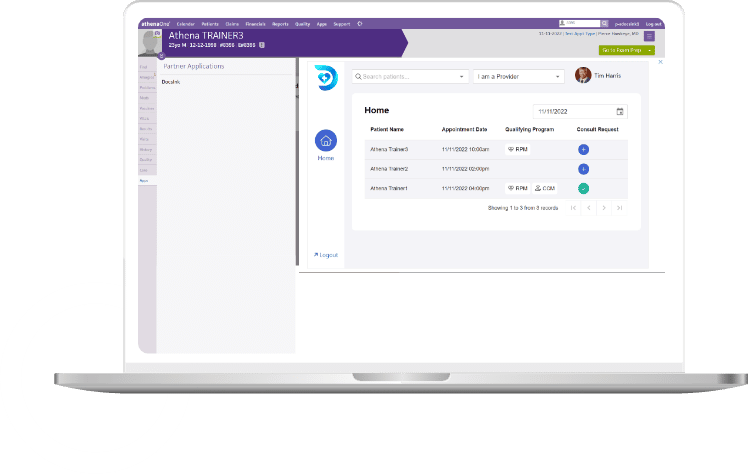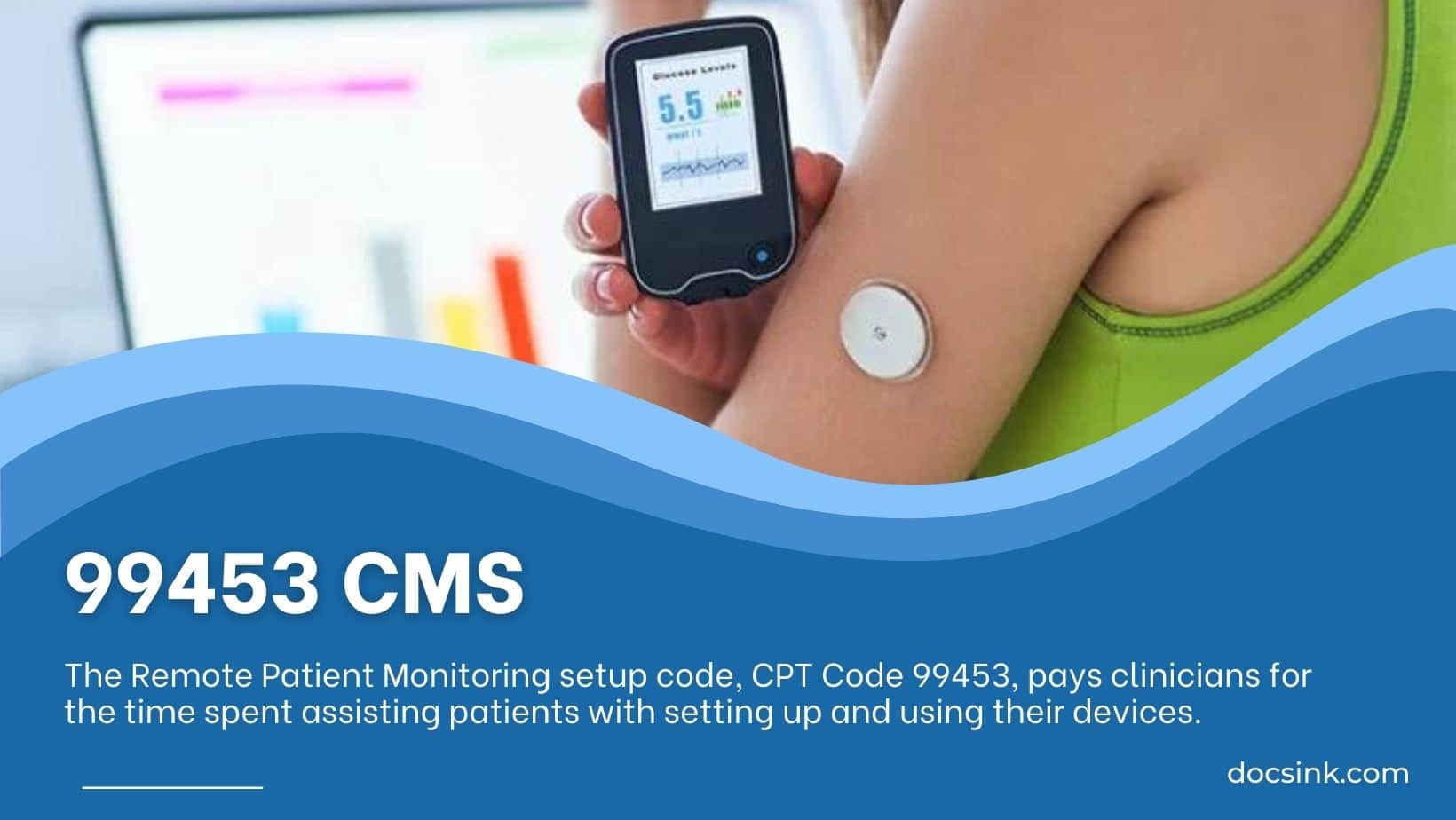Introduction
Chronic Condition Management includes controlling the signs and symptoms of a persistent illness so that patients can live fulfilling lives. Clinicians can help you take responsibility for your life by treating your chronic disease, which can help slow down the disease’s progression and help control the symptoms.
Chronic Conditions and Medications
Chronic conditions are conditions that last for an extended period. They can be anything from allergies to mental health issues. Many people with chronic conditions take medications to help them manage their symptoms.
There are a few things to keep in mind when taking medications for a chronic condition:
- Make sure to take the medication as prescribed by the clinician or pharmacist. If you don’t take the medication as prescribed, it could lead to serious side effects.
- Make sure you know what potential side effects your medication has. Some common side effects of medications include drowsiness, dizziness, nausea, and vomiting. If you experience any of these side effects, tell your doctor or pharmacist as soon as possible.
- Be aware of the time frame in which the doctor prescribes medication. Some medicines are prescribed for a set amount of time. In contrast, others may need to be taken periodically over a long period. Follow the instructions that come with your medication package closely.
- Managing Chronic Conditions can be difficult, but with careful planning and follow-up from your doctor or pharmacist, you can get through it successfully.
Dietary Changes for Managing Coexisting Conditions
There are several ways to chronic condition management while keeping your diet healthy. One strategy is to make dietary changes that can help to improve your overall health.
One meaningful dietary change you can make is to increase your intake of fruits and vegetables. These foods contain various nutrients, including vitamins and minerals, that can help improve your overall health. They also contain antioxidants, which can help to reduce the risk of chronic diseases.
You should also limit your intake of processed foods. These foods tend to be high in calories and unhealthy fats. They also contain ingredients that can aggravate your chronic conditions. Instead, try to eat foods that are natural and minimally processed. It will help to reduce the risk of developing chronic diseases.
Exercise for Managing Coexisting Conditions
One of the best ways to manage chronic conditions is to exercise. Exercise helps to improve your overall health and can also help to manage coexisting conditions.
Exercise has been shown to improve blood flow and circulation, which can help to reduce the symptoms of chronic conditions such as arthritis. It can also help to improve your mood and reduce anxiety levels. In addition, exercise has been shown to improve sleep quality and alleviate stress headaches.
If you struggle to manage your chronic condition, you must talk to your doctor about the benefits of exercise. They can then recommend a plan that is specific to your circumstances.
DocsInk can be helpful. Your patients will benefit significantly from enrolling in a Chronic Care Management (CCM) program. CCM programs encourage proactive medical treatment, like Remote Patient Monitoring (RPM).
Conclusion
Chronic conditions can be challenging to manage, but some tips can help.
The key to Chronic Condition Management is to keep a positive outlook and take one day at a time. Setting realistic goals and the timeline for treatments and therapies is essential. Also, it is essential to have support from friends and family members. They can provide moral and emotional support, which can be helpful in times of difficulty. Finally, it is essential to seek out professional help if necessary. A clinician or therapist can best guide and advise on managing chronic conditions. Visit DocsInk to know more






